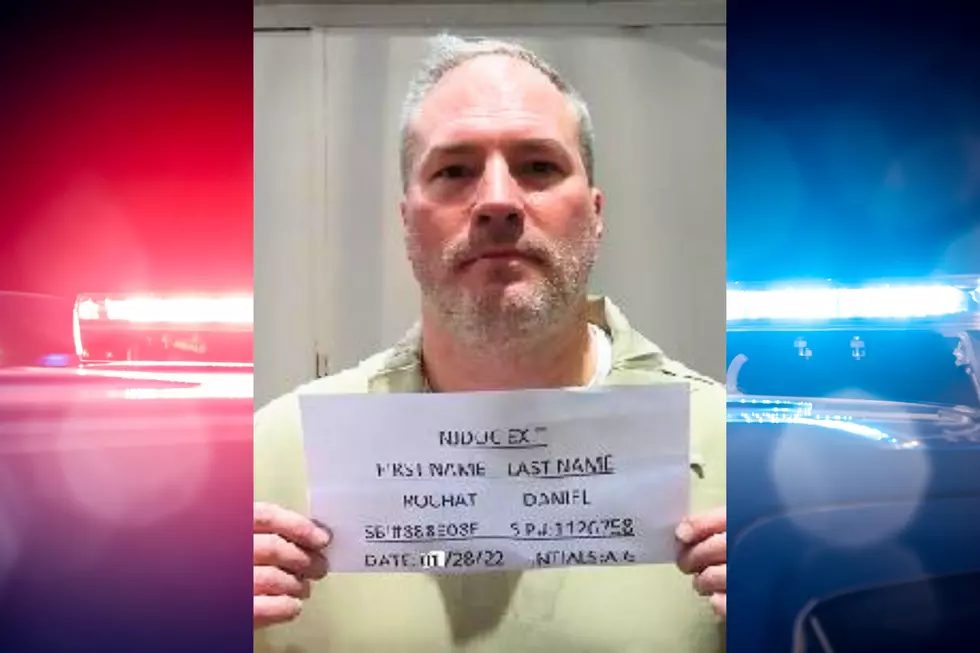
New US Pentagon chief convenes unusual counter-IS meeting
CAMP ARIFJAN, Kuwait (AP) -- U.S. Defense Secretary Ash Carter is convening an unusual conference in Kuwait of top American military, diplomatic and intelligence experts on the administration's strategy for countering the violence and spreading influence of the Islamic State militant group.
Carter summoned several three-star and four-star generals, including Army Gen. Lloyd Austin, the head of the U.S. military's Central Command - as well as presidential envoys John Allen and Brett McGurk and U.S. ambassadors from Jordan, Saudi Arabia and other Arab nations.
The closed-door meeting starts Monday at Camp Arifjan, a sprawling military base from which Army Lt. Gen. James Terry commands the military campaign against IS.
Carter's aides said he is not looking for alternatives to the current strategy but rather wants to learn more about the current one.
In remarks to troops at Camp Arifjan before the conference began, Carter said the key to success against IS is ensuring that the countries threatened by the group can preserve the gains achieved by the U.S.-led military campaign.
"We will deliver lasting defeat, make no doubt," Carter said, adding, "It needs to be a lasting defeat."
Among the other key participants are Army Gen. Joseph L. Votel, commander of U.S. Special Operations Command; Lt. Gen. Michael Nagata, head of the U.S. program to train and equip a moderate rebel force in Syria; and the top commanders of U.S. forces in Europe and Africa.
In all, about 30 participants are expected to attend.
The meeting was convened against the backdrop of heavy Republican criticism of Obama's strategy for countering Islamic extremism and Carter's preparation for congressional testimony in early March.
It also coincides with the administration's request to Congress for a new authorization to use military force against the Islamic State group, and comes on the heels of last week's White House summit on violent extremism.
A senior defense official said Sunday that Carter was convening the Kuwait meeting not to search for alternatives to Obama's current strategy for countering IS but rather to give him a deeper understanding of the strategy. He started as defense secretary on Tuesday.
The official, who spoke to reporters about Carter's reasoning on condition of anonymity in order to discuss internal deliberations, said he wanted to "kick the tires" of the strategy. To that end, he invited a range of top officials and instructed them to leave their standard "talking points" at home. The official said he wanted a freewheeling discussion about the intellectual underpinnings of the strategy and an in-depth update on its strengths and weaknesses.
Although Kuwait is next door to Iraq, Carter decided not to visit Baghdad on this trip, which is his first since taking office. He told reporters he needed to limit his time away from Washington at this early stage of his tenure and intends to make an Iraq visit sometime in the future. Carter's predecessor, Chuck Hagel, made a brief visit to Baghdad in December.
Carter told reporters Sunday while visiting Kandahar, Afghanistan, that he believes the U.S. must rethink its approach to countering terrorism, partly in light of the emergence of the Islamic State in Iraq and Syria.
"The reason to rethink the (counterterrorism) mission here in Afghanistan is first of all related to rethinking the ISIL phenomenon" and other ways in which terrorism in general has changed, he said. "That's different from the very early years when we came into Afghanistan ... because of an al-Qaida attack upon our country."
"The ways and means of terrorism changed over time and it makes sense to take account of that - that applies here, and it doesn't apply only here" in Afghanistan, he added. He did not discuss in detail the ways in which he thinks the U.S. should adapt its counterterrorism strategy.
(© 2015 The Associated Press. All rights reserved. This material may not be published, broadcast, rewritten or redistributed)
More From New Jersey 101.5 FM









